Tips for building strong bones
By Jessah Robinson, Adv Dip (Nut Med)
It is crucial to look after the health of your bones as they are needed to provide structure, protect our organs, hold our muscles in place and store calcium. It’s important to form good habits during childhood and adolescence to protect your bone health as you get older. The likelihood of developing osteoporosis (degeneration of the bones) is dependent on how much bone mass you attain by the time you reach 30, when you reach maximum bone density and strength.
Risk factors
Here are some risk factors associated with developing osteoporosis:
- Nutrient deficiencies – Particularly calcium, vitamin D and magnesium.
- Lack of physical activity – People who don’t exercise are more susceptible to developing osteoporosis.
- Using tobacco and alcohol – Tobacco use contributes to weak bones, and alcohol can interfere with the body’s ability to absorb calcium.
- Gender – As unfair as it is, you’re at greater risk of osteoporosis being a woman as you have less bone tissue than men.
- Low BMI – You’re more at risk if you are thin or have a small body frame, as you most likely have less bone mass.
- Age – As you get older your bones become weaker and thinner.
- Family history – You are at greater risk if you have a family history of fractures.
- Hormone imbalances – Having too much thyroid hormone can cause bone loss. Perimenopause and menopause also causes bone loss as oestrogen levels drop.
- Certain medications
6 tips for building strong bones
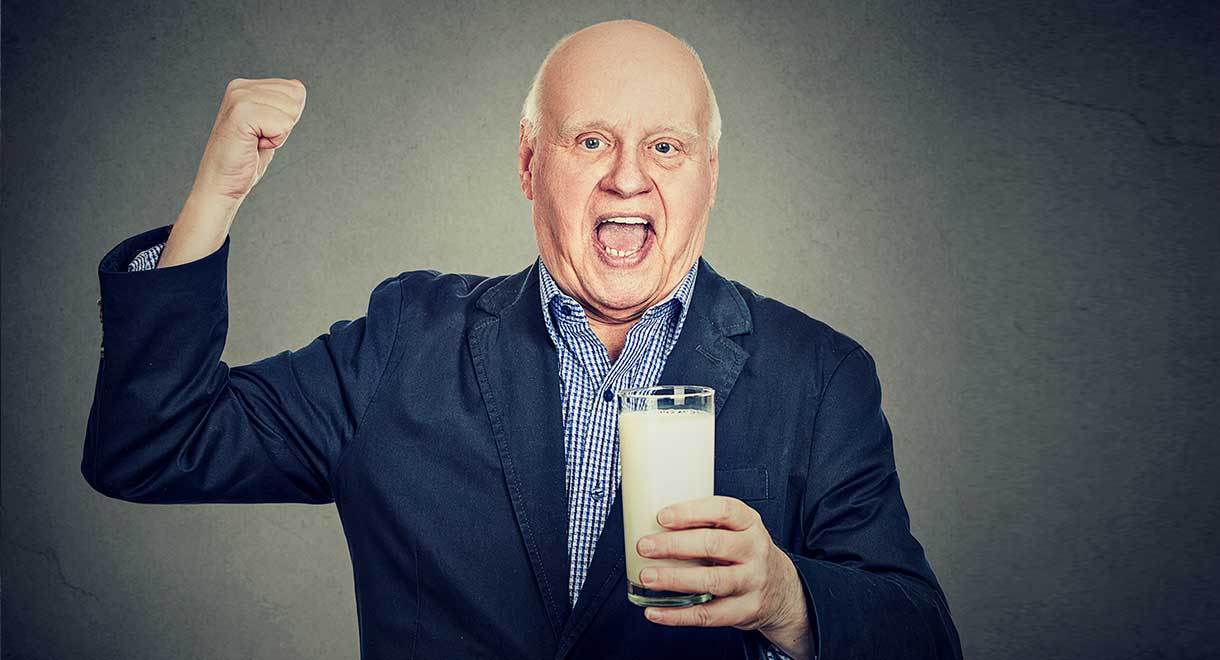
1. Obtain enough calcium
Perhaps the most obvious nutrient when it comes to bone health, as it is necessary for the proper development of teeth and bones. Not only is calcium present in the obvious dairy products, other good sources of calcium include tinned fish with edible bones, Bok choy, raw nuts and seeds, tahini and hummus. It may be beneficial to take a calcium supplement with supportive vitamins and minerals to help maintain healthy, strong bones and teeth.

2. Get some vitamin D
Did you know that you can have all the calcium in the world, but if you are low in vitamin D you will not absorb it? Vitamin D is essential for absorbing calcium and depositing it into the bones. The easiest way to obtain vitamin D is through sun exposure, as the sun converts the cholesterol in our skin to vitamin D. Try to get 15-20 minutes of sun exposure a day, this may be more or less depending on skin tone. Alternatively, vitamin D can be taken in supplement form. Vitamin D levels can be checked by getting a simple blood test.
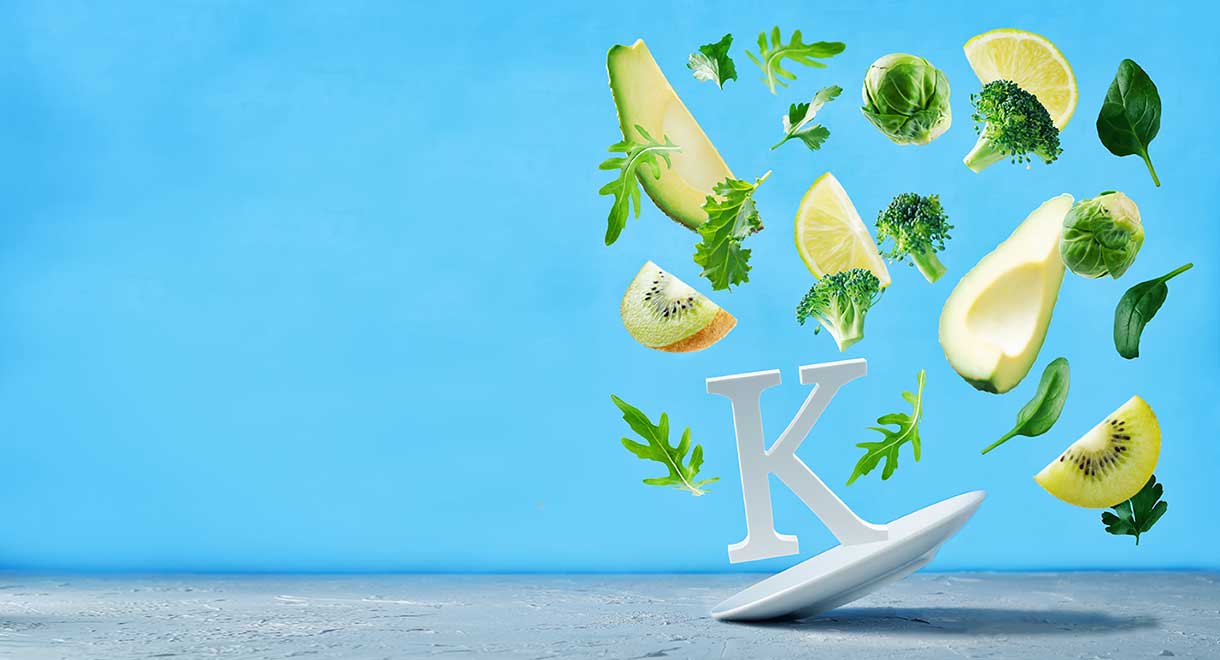
3. Get enough vitamin K
Vitamin K2 takes the calcium that vitamin D has dumped into deposits in the bone, and weaves it into the bone structure, to make the structure of the whole bone stronger. Vitamin K1 comes from plant foods, whilst vitamin K2 comes from animal foods and fermented foods. Rich sources of vitamin K2 include high-fat dairy products from grass-fed cows, liver and egg yolks. Vitamin K2 is also available in supplement form. As vitamin K is a fat-soluble vitamin it needs to be taken with foods that contain some fat for better absorption.
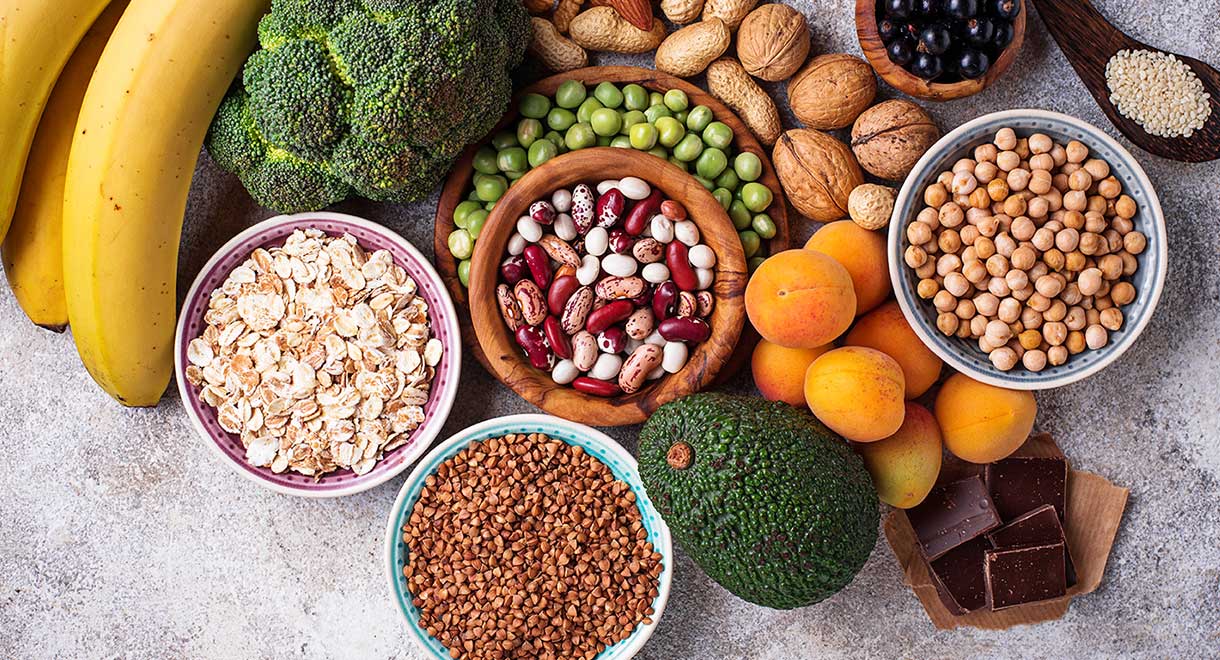
4. Magnesium it up
This powerful mineral is involved in over 300 enzymatic reactions in the body, and also plays an essential role in bone growth, thereby helping to strengthen bone structure. Magnesium also helps your body to absorb calcium. Good sources of magnesium include leafy green vegetables, pumpkin seeds, sunflower seeds, nuts, brown rice, flaxseed, avocado, bananas, and apricots. Magnesium can also be purchased in powder or tablet form. For more information on the many benefits of magnesium, read Dr Cabot’s book ‘Magnesium’.
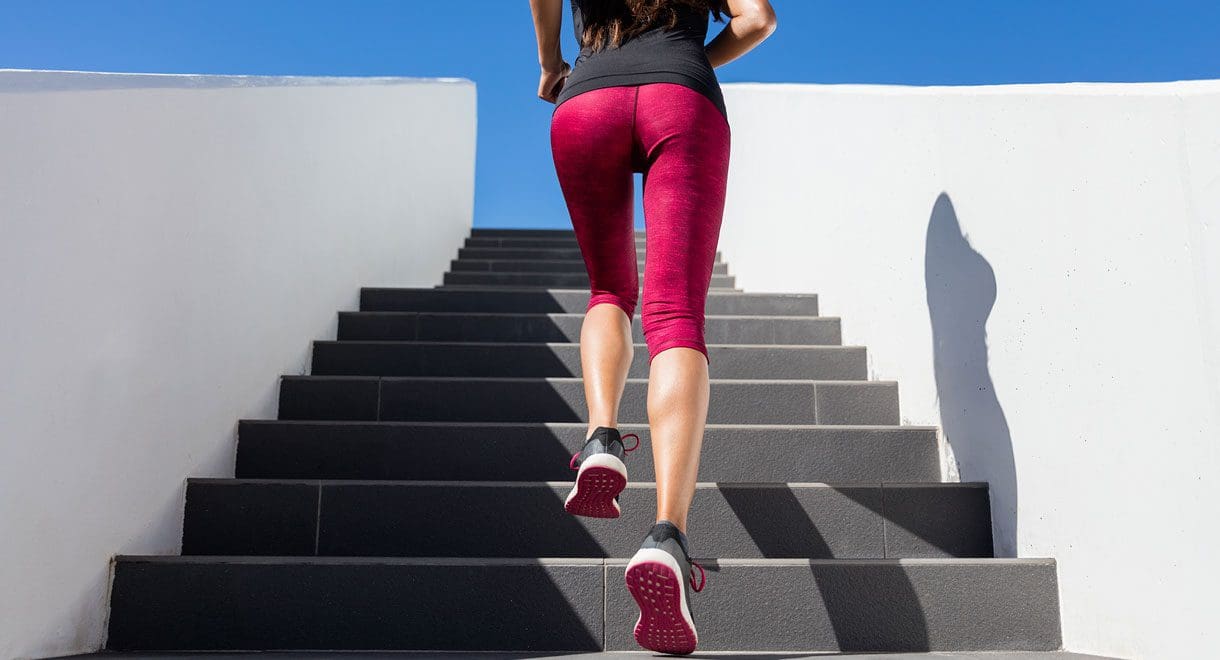
5. Get physical
Regular exercise is essential for warding off a number of health issues, and bone health is no exception. Weight-bearing exercises are particularly beneficial for increasing bone density. The most effective exercises include running, walking, skiing, and dancing, coupled with resistance training. As an added bonus, improving strength and balance also helps to prevent falls in those who already have osteoporosis. L-glutamine is an amino acid that is vital for muscle growth and muscle function, and also assists muscle recovery after exercise.

6. Go easy on the caffeine and the booze
While caffeine has proven to have some healthy benefits, unfortunately this doesn’t extend to our bones. Coffee lovers can relax however, as studies have shown that it is drinking more than two cups of coffee per day that accelerates bone loss. Therefore, drinking less than this is perfectly reasonable, but drinking coffee in excess can interfere with the body’s ability to absorb calcium. When it comes to alcohol consumption, it is not necessary to quit entirely, however don’t drink excessively as this can cause bone loss, because it interferes with vitamin D doing its job.
So, whether you have low bone density or are simply looking at ways to maximise your bone health for the future, these are the principles to follow.


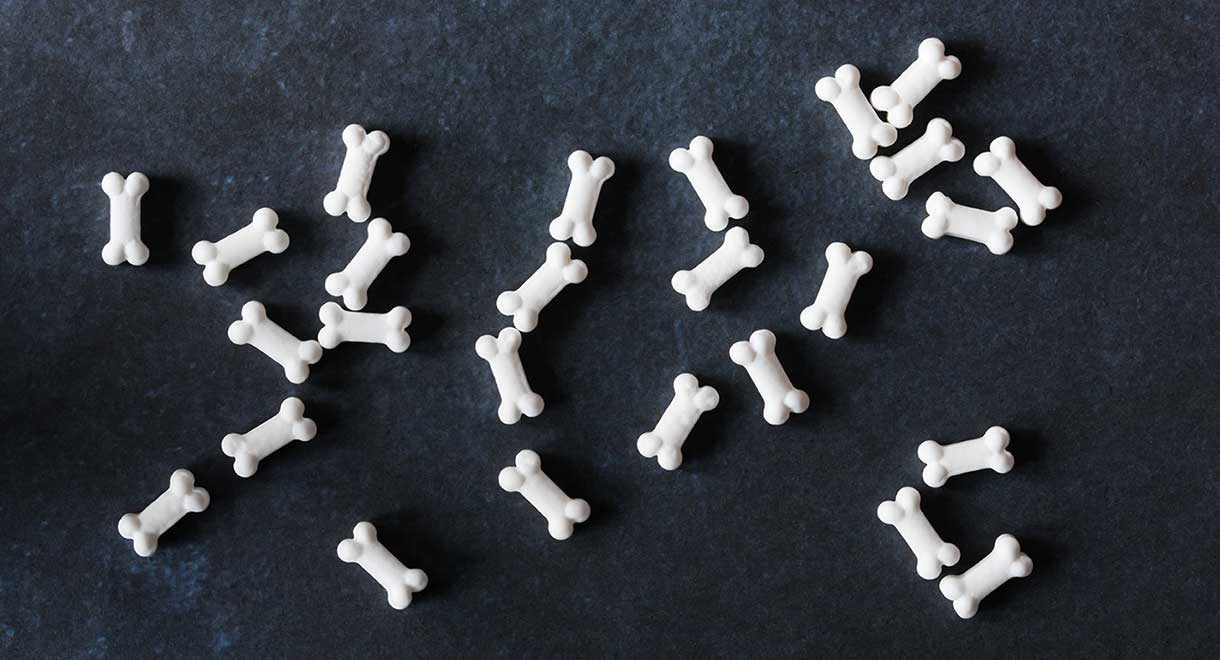

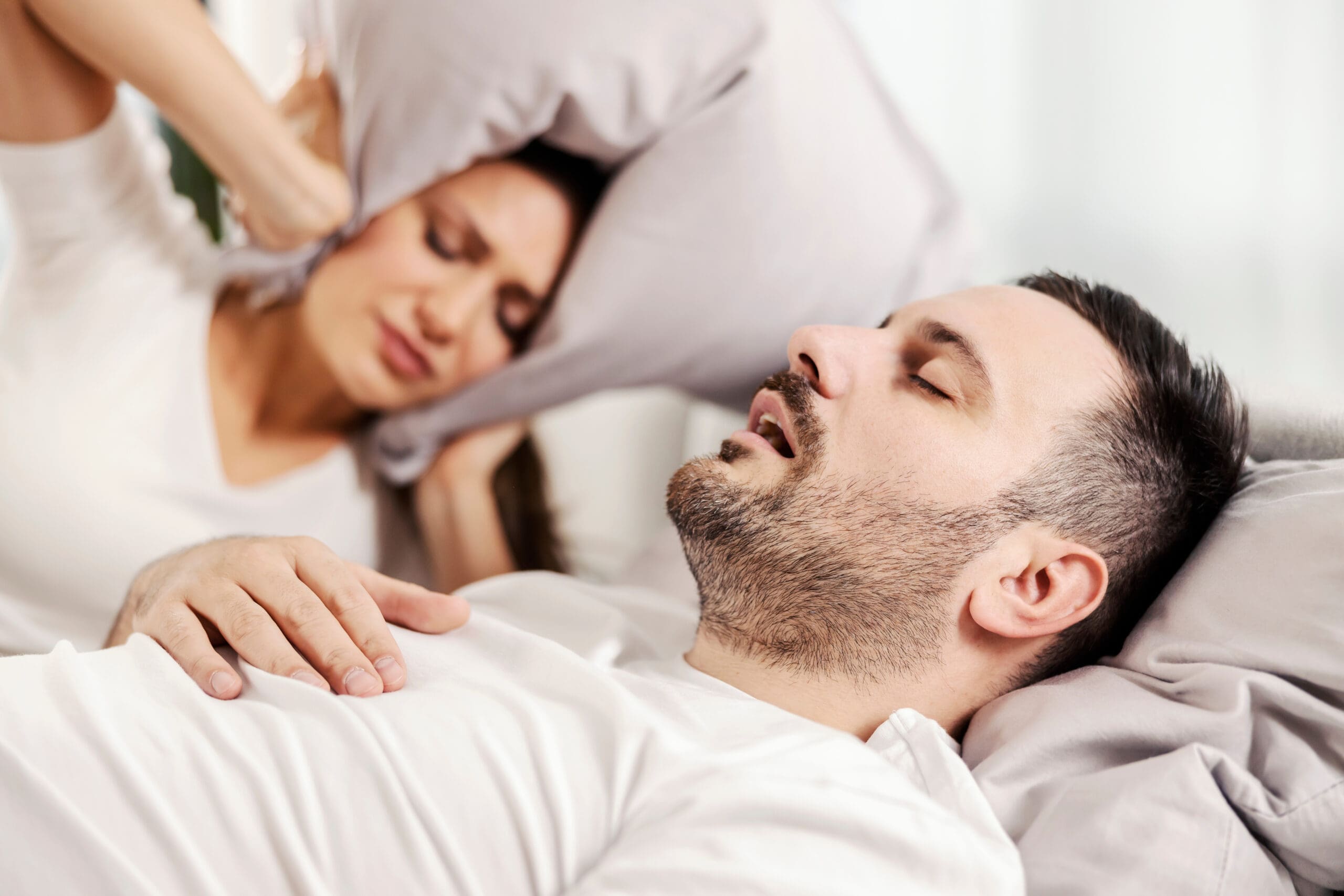
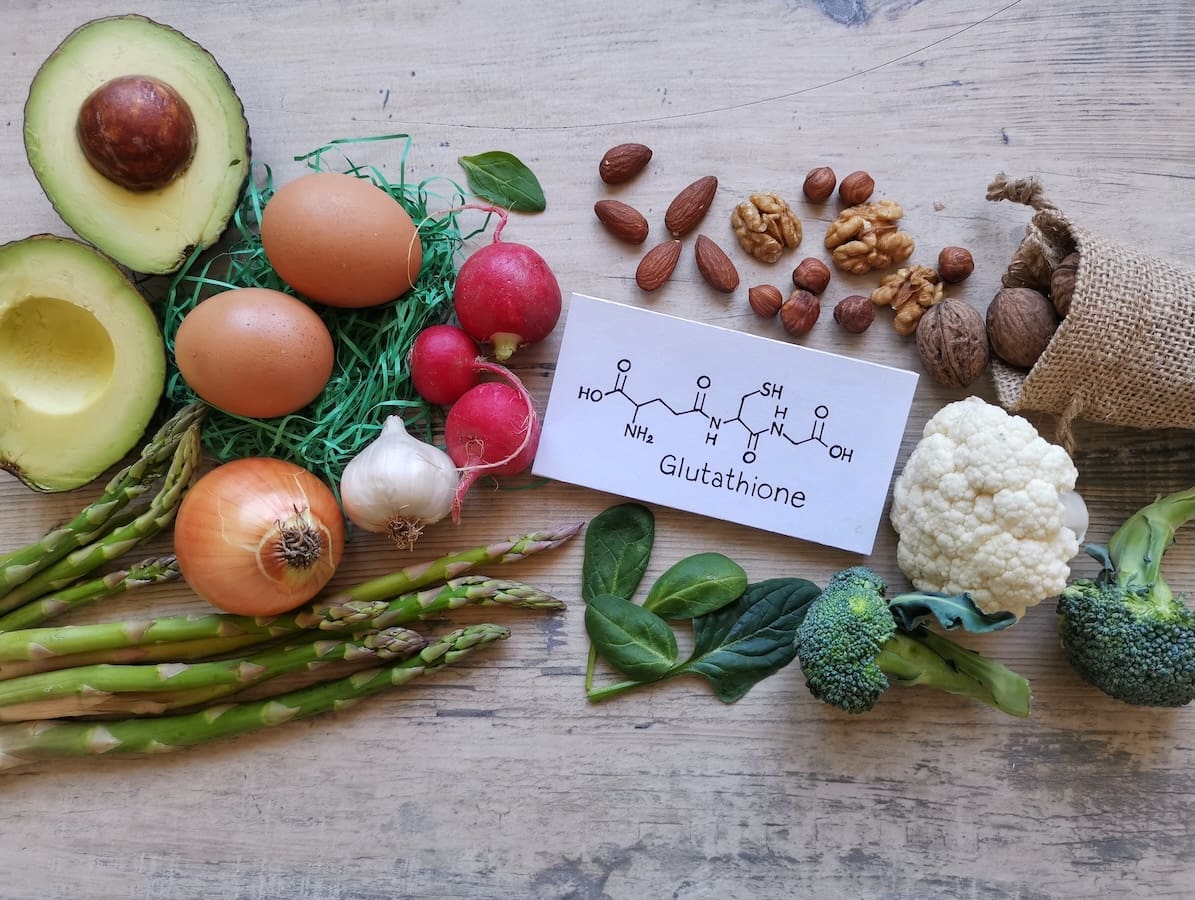
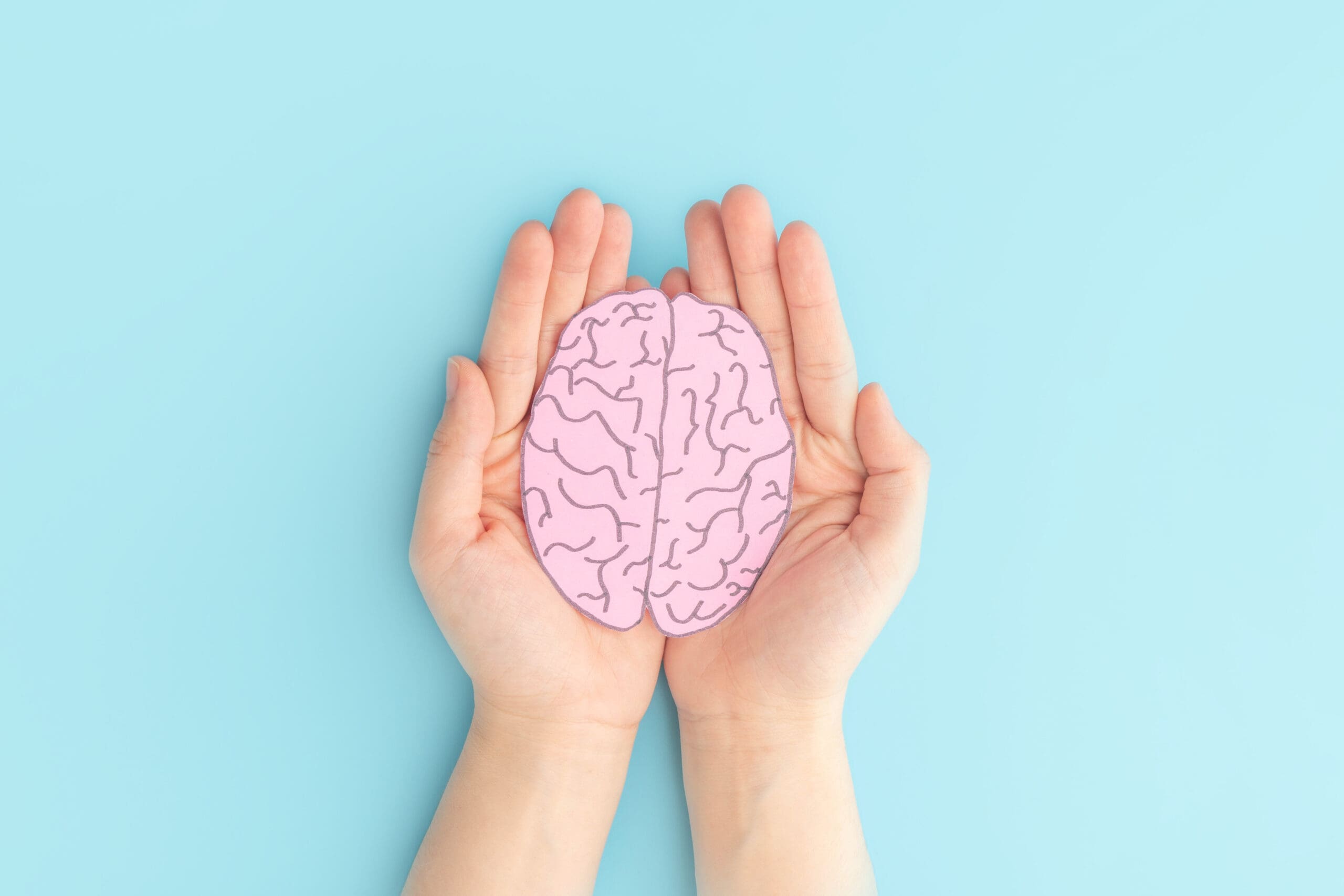
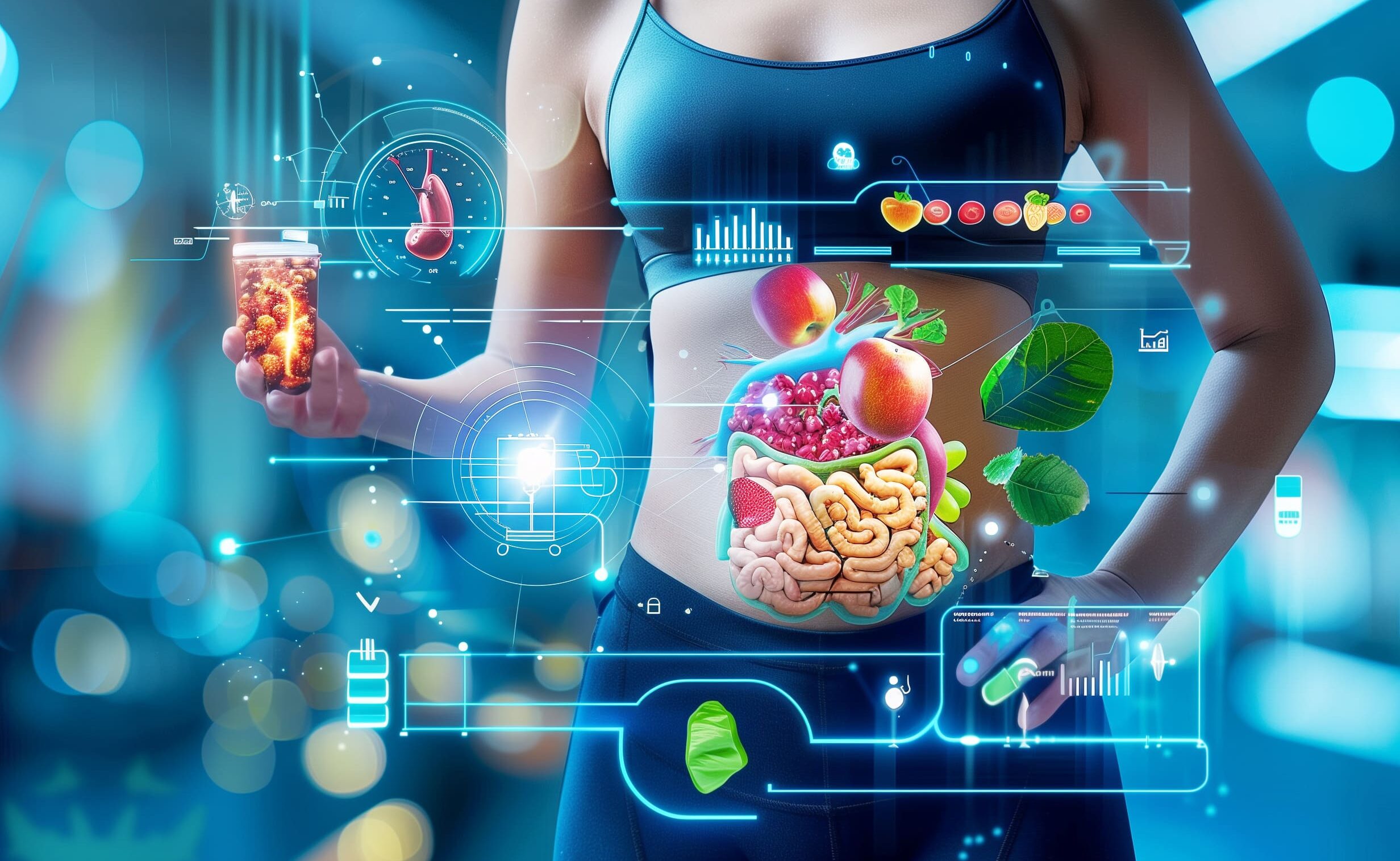
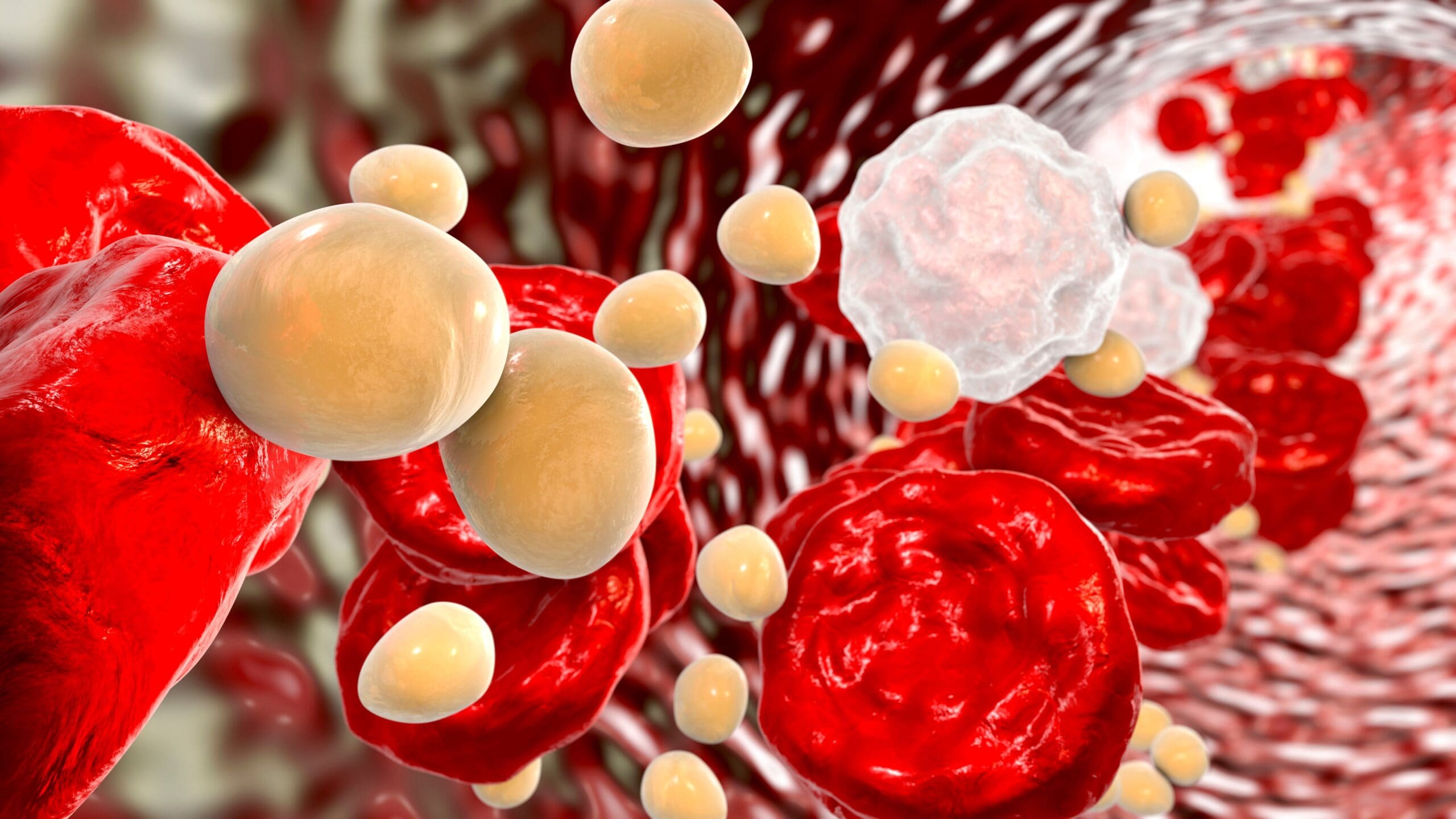
My bone density scan a few months ago was ok and just showed a little osteopenia ( I am almost 70. I did have some insufficient fractures lower back which have healed now. My doctor said I don’t need treatment for osteoporosis but need to take daily Ostelin calcium and D3. Could I ask how you supplement differs from this one. My scan will be repeated in about 18 months and I am hoping my bones haven’t deteriorated.
Many thanks
Lois
Hi Lois,
Ostelin contains the ‘carbonate’ form of calcium which is essentially chalk – it’s very poorly absorbed. It’s also missing many of the other important cofactor like vitamin K.
Our calcium supplement uses well absorbed calcium with all the essential cofactors for bone building.
All the best,
Louise
In your post you mention caffeine consumption and more than two cups of coffee can be detrimental. What about tea? And does green tea differ from black tea in caffeine levels?
Hi Janet,
It’s more an issue if you are consuming caffeine around your meals or supplements as the tannins bind to calcium and inhibit absorption. Try to separate your caffeine from your meals by 2 hours if you can (minimum one hour). Tea and coffee both contain tannins so their effect on bone health is similar.
Kind regards,
Louise
I have taken all of the above and still find myself at the WHO highest grade for osteoporosis. The only time I have made bone was four years ago due to applying topical oestrogen. I had to go of this because I developed breast cysts. Bone density recording in November 2021 showed I have depleted bone density again. What can I do???.
I also take Cabot’s Pain Management capsules for very bad osteo-arthritis. Do you think this could be contributing to my poor bone density. I am a pensioner so do not have money to splurge on range of multidisciplinary experts.
Hi Barbara,
There are a lot of factors that contribute to low bone density including genetics which can’t be helped unfortunately.
The pain management capsules are recommended for people with osteoarthritis – there’s nothing in there that would contribute to poor bone density.
You could have a leaky gut and not be absorbing calcium properly. You could have a parasite. Supporting gut health, ensuring you have enough high calcium foods in your diet and doing as much weight bearing exercise as you can is really important. Other factors like not having your calcium sources at the same time as foods high in iron will improve your absorption.
Kind regards,
Louise